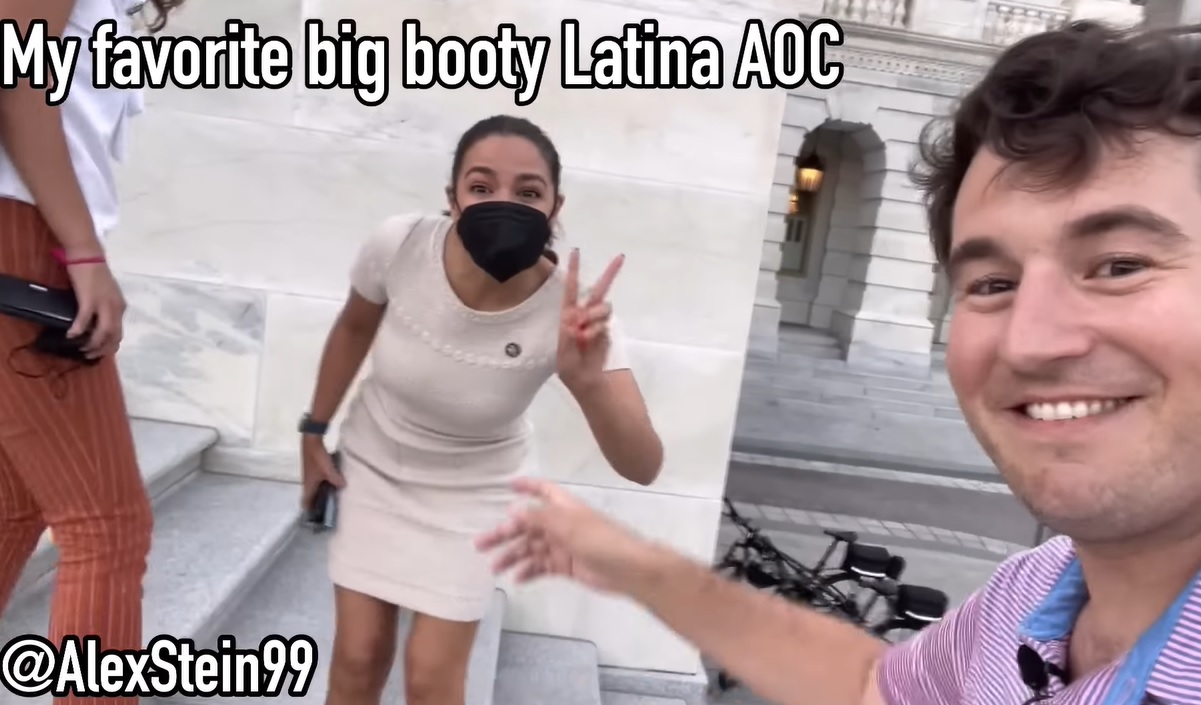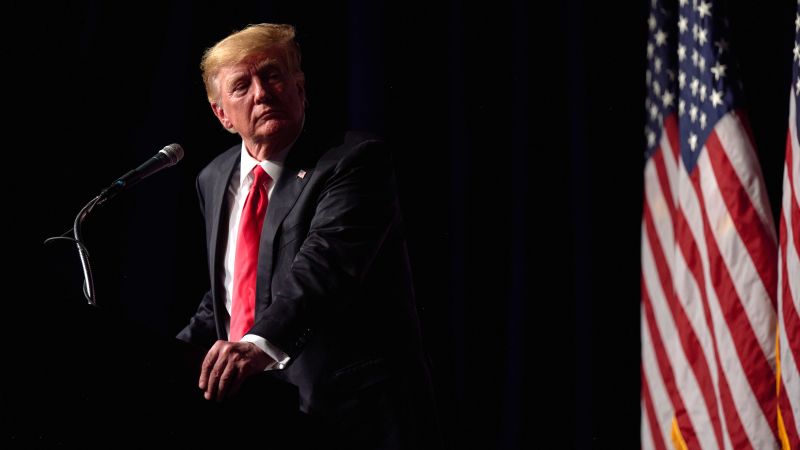. . . . I’ve seen this play before, and it doesn’t tend to end well. I served for 34 years in the CIA’s Clandestine Service, fighting wars both hot and cold across largely autocratic landscapes of both adversaries and partners. In those missions, I spied on figures whose ideology often boiled down to the singular purpose of securing and maintaining power. I did so with hubris and sanctimonious certainty in America’s moral and political superiority. My confidence was bolstered by the positive ideals that America represented, a narrative that I wielded like a weapon with near religious zeal in suborning foreign agents and pressing foreign partners.
Today, however, we’re observing corrupt power-seeking behaviors practiced by Americans who had sworn the same oath to the Constitution that I had pledged. And while some actions are unquestionably insidious and mercenary, more disconcerting still is that many perpetrators justify their actions in ways that makes clear they believe just as ardently in the patriotic merit of their convictions.
A dictatorship depends on an ecosystem of control over the guns, cops, courts, spies, and cash providing it muscle, legitimacy, foresight, and finance. And that requires the complicity not only of individuals but of entire national institutions. The January 6th stories are all too familiar — ambitious ne’er-do-wells organized around a charismatic leader who serves as the lightening rod and can advance, or threaten, their personal interests. That leader must compromise and gain control over institutions that pose obstacles, and the most effective way is to seize them from within. Ironically, this is a feat accomplished best democratically, as Adolph Hitler did in 1930’s Germany, or by hijacking a popular revolt, as the clerics did in Iran in 1979 and the Muslim Brotherhood sought to do in Egypt during the Arab Spring.
Manipulating one’s target audience – in this case the public — with falsehoods and fear is a historically potent brew that stokes the resonating chords of victimization, racism, religious extremism, and nationalism. The formula has worked in the likes of Russia, Hungary, India, Iran, Egypt, Pakistan, and Tunisia, to name only a few — countries with recent histories of popular movements that rattled the political equilibrium and challenged despots and autocracies, only to be passed up or stolen by still other autocratic leaders.
The Deliberate Clouding of Truth
The critical innovation defining the current generation is epitomized similarly by former President Trump and Russian leader Vladimir Putin: the
subjectification of truth itself. And this has been enabled by the revolutionary changes
technology has brought to the way humans communicate, arguably our generation’s greatest information challenge. The deliberate clouding of truth to serve political ends is an obstacle faced as well by intelligence professionals in understanding adversaries like Putin when the lie becomes the liar’s reality. The Russian leader’s flawed strategic calculus in Ukraine, for example, was likely due in part to
believing his own propaganda.
If America’s freedom is guaranteed by the Constitution and by individuals in institutions who pledge to protect that Constitution, revelations coming from the January 6th investigation should prompt us to question the reliability of those institutions and their workforces. My own confidence that career public servants will remain steadfast to laws, values, and oaths is not what it was even when I left the CIA in 2019. My faith in U.S. institutions has run up against the reality that even right and wrong has been made increasingly opaque by political leaders. What began with the clumsy suggestion of “
alternative facts” has evolved into a more insistent redefining of truth to persuade a willing and eager audience anxious to feel validated.
While it is appropriate for even a democratically elected chief executive to select loyalists to steer agencies in alignment with the electorate’s mandate, the Trump team’s primary agenda became reminiscent of autocracies: regime preservation at any cost, never mind the GOP’s political platform, let alone their institution’s integrity. And the Trump administration’s methodology for securing control over the state was to target the
Justice Department, the
military,
federal law enforcement, and the
Intelligence Community, a subversive model I expect to see replicated by those who wish to follow in his footsteps. Even other federal agencies are not immune. A recent New York Times
investigation suggests the Internal Revenue Service’s “random” selection of former FBI Director James Comey and his deputy, Andrew McCabe, for the most invasive type of audit might have been anything but random.
Other
evidence further suggests that Trump and his closest associates prioritized control of the Justice Department, with its prosecutorial and investigative arms. His was a recipe that emulates foreign autocrats’ abuse of their Interior Ministries’ jurisprudence responsibilities, secret police, and internal spying capabilities. Not coincidentally, that has been the practice of Hungary’s Prime Minister Viktor Orban, as he and Trump have been quite
public in their mutual admiration. According to former senior Justice Department
officials, “the former president aggressively prodded his attorneys general to go after his enemies and protect his friends and his interests.” When in December 2020, the Justice Department reportedly
resisted Trump’s pressure to support bogus claims of election fraud, his own team drafted an
executive order directing the Defense Secretary to seize voting machines. The military, after all, has the guns to intervene when all else fails. But Trump’s White House counsel, Pat Cipollone, pushed back hard, and the draft order was never issued. . . .

 www.alternet.org
www.alternet.org





